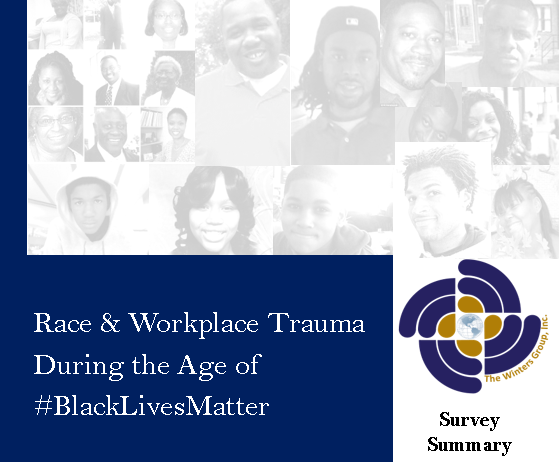
Election day is fast-approaching, and it’s likely that anxieties and tensions are or will be running high in the coming days. While we are experiencing global crises and unprecedented polarization that are unlikely to subside any time soon, we would like to offer several strategies for managing stressors that may arise professionally and beyond the boardroom, in our communities.
Fostering equity and justice means stepping away from the neutral “comfort zone” where many of us feel most at ease. With this in mind, here are some strategies for managing political tensions that may arise at work in the coming days and weeks:
- Recognize additional environmental stressors impacting our communities. In recent months, our world has seen countless traumatic events that have greatly influenced our physical and mental well-being. A global pandemic has not only led to nearly a million deaths worldwide, but has also resulted in historically high unemployment levels, housing insecurity and homelessness. Meanwhile, climate change has rapidly introduced new threats from drought, uncontrolled wildfires and poor air quality, to a devastating hurricane season, all of which have displaced many from their homes. Recent protests for racial justice, catalyzed by high-profile instances of police brutality, have heightened fear and stress for many. People may be experiencing fear and grief around these tragedies, creating additional burdens on top of political challenges. Honor these overlapping hardships by extending grace to yourself and others.
- Center conversation on people when engaging in politics. When politics surface in the workplace or other settings, make an effort to center discussion around individuals and communities rather than opposing sides. Affirming the humanity and experiences of people is a good place to start in recognizing the nuances that go into everyone’s political perspectives and decisions.
- Re-assess and re-affirm organizational DEIJ values. In a divisive socio-political climate, it’s easy to focus on topics where we may disagree with others. Take this opportunity to remind everyone of the values you share and mission you are working toward collectively. Furthermore, make strong organizational commitments to equity, inclusion and justice to affirm and center the experiences of those most impacted by injustices in our organizations and communities alike.
- Devote time to personal reflection and recognize individual needs. Taking time to actively reflect on what you are feeling, why, and how it may affect your presence in different spaces will allow you to identify your own needs and challenges, as well as be more understanding of others’ needs. Ask your team members and those in your communities about their needs to determine how you may be able to support one another.
- Be a power broker: hold your representatives accountable. Regardless of who represents your community at local, state and national levels, commit to holding those in your sphere of influence accountable to equitable and inclusive practices and policies, and to responding to your concerns. Communicate your priorities to your representatives’ offices regularly. Likewise, communicate with representatives within your organization to shape your workplace to be a leader in equity, justice, and inclusion.
- Embrace a collective pause. The days following the election will likely elicit a range of emotions, thoughts and needs. Anticipate distraction and lower productivity. Consider cancelling meetings or training events and instead give employees time to process and be in community with those of whom they choose. Encourage employees to model self-and communal care practices. Mareisha Reese shares some tips for this in this week’s The Buzz.



















